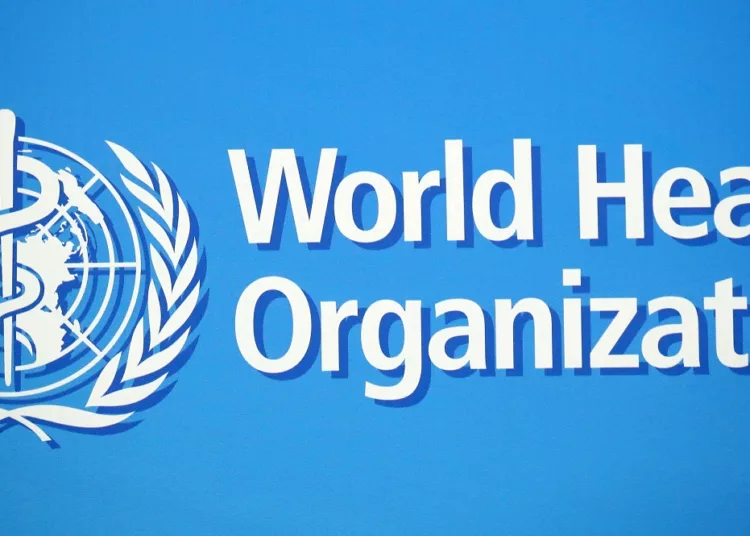World Health Organization (WHO) has partnered with the Kano State Contributory Healthcare Management Agency (KASCHMA) to accelerate progress towards achieving Universal Health Coverage (UHC) in the state.
During a visit to KASCHMA office, WHO country director represented by the Kano state coordinator, Dr. Mayana Sanusi, said the WHO would provide the Agency with the needed technical support to improving quality of care in health facilities supported by KASHCMA through capacity building, data analytics, policy reviews and enhancing the use of data for decision making.
He commended the Agency’s initiatives and strategies for improving the quality of life, especially for the most vulnerable, noting that more needs to be done to tackle the challenges in the scheme so as to reach more people.
KASCHMA spokesperson Mohammad Nura in a statement made available to LEADERSHIP yesterday noted that, while praising the state government under the leadership of Governor Alhaji Abba Kabir Yusuf for all the investments put in place to accelerate progress towards UHC, Dr. Sanusi highlighted that the new policies is yielding positive outcomes and reducing catastrophic out-of-pocket health expenditures and improving access to healthcare by all without undue hardship.
In her response, the Executive Secretary of KASCHMA, Dr. Rahila Mukhtar, while appreciating WHO’s team for their support, emphasised the government’s effort to implement many initiatives aimed at improving healthcare service in the engaged facilities, improving the quality of services, and ensuring that essential drugs are available to all enrollees.
In a related development, WHO has reiterated its commitment to support in enhancing surveillance for Severe Acute Malnutrition (SAM) through Primary Healthcare System Strengthening.
Sanusi indicated this a flag-off ceremony for the first round of Maternal, Newborn and Child Health Week (MNCHW) at Ugwa Uku primary health care facility in Tarauni local government area.
According to him, “Severe Acute Malnutrition is a silent emergency, and while the number of children being treated for wasting and other forms of life-threatening malnutrition has risen in recent years, with Kano state bearing the highest burden of the condition in Nigeria, evidence has shown that only one in three children with severe wasting are reached with the timely treatment and care they need to survive and thrive”.
Therefore, he expressed the need to strengthen the PHC surveillance system within the context of the Integrated Disease Surveillance and Response (IDSR) strategy to ensure early detection, treatment, and timely referral of severe cases for advanced care.




